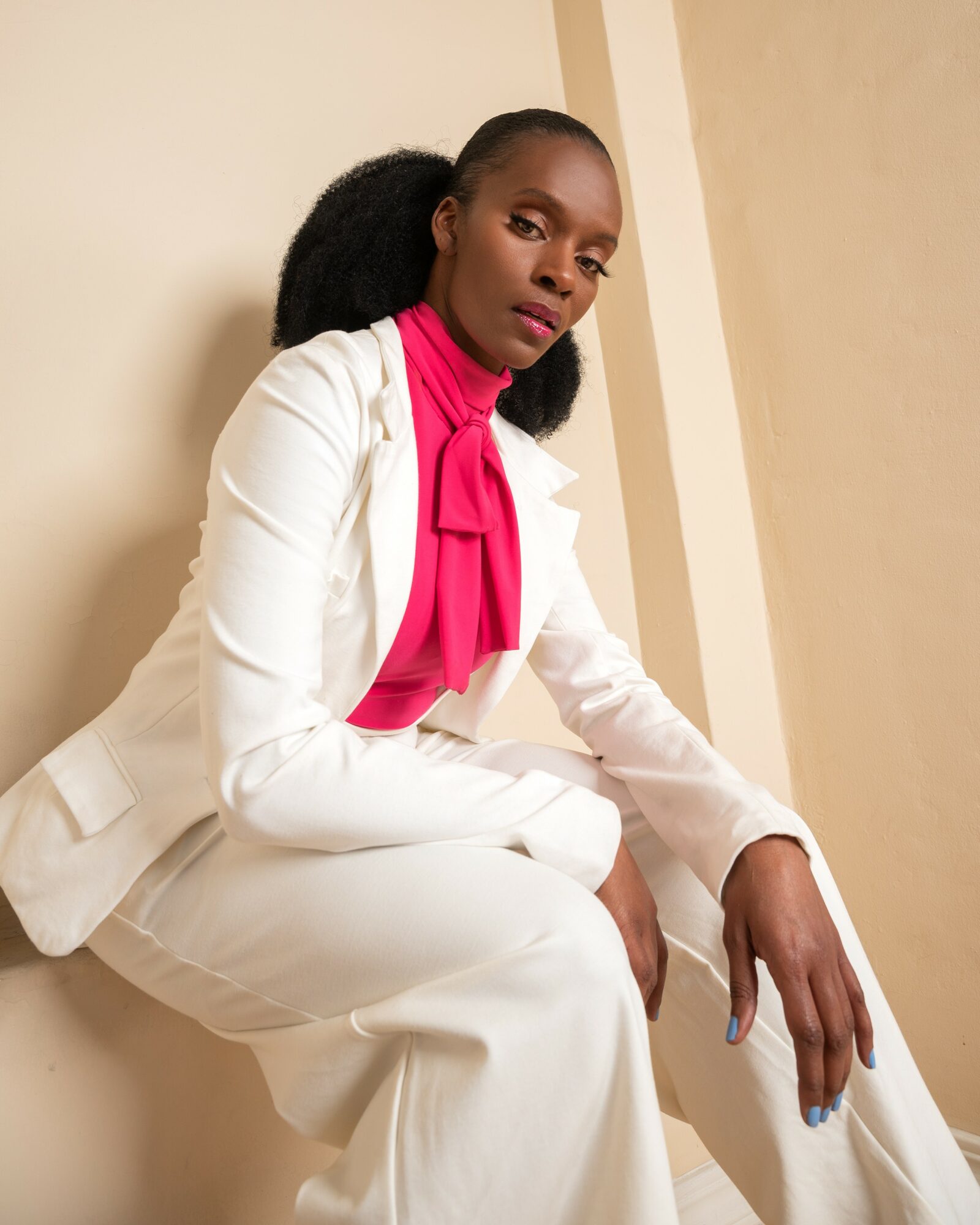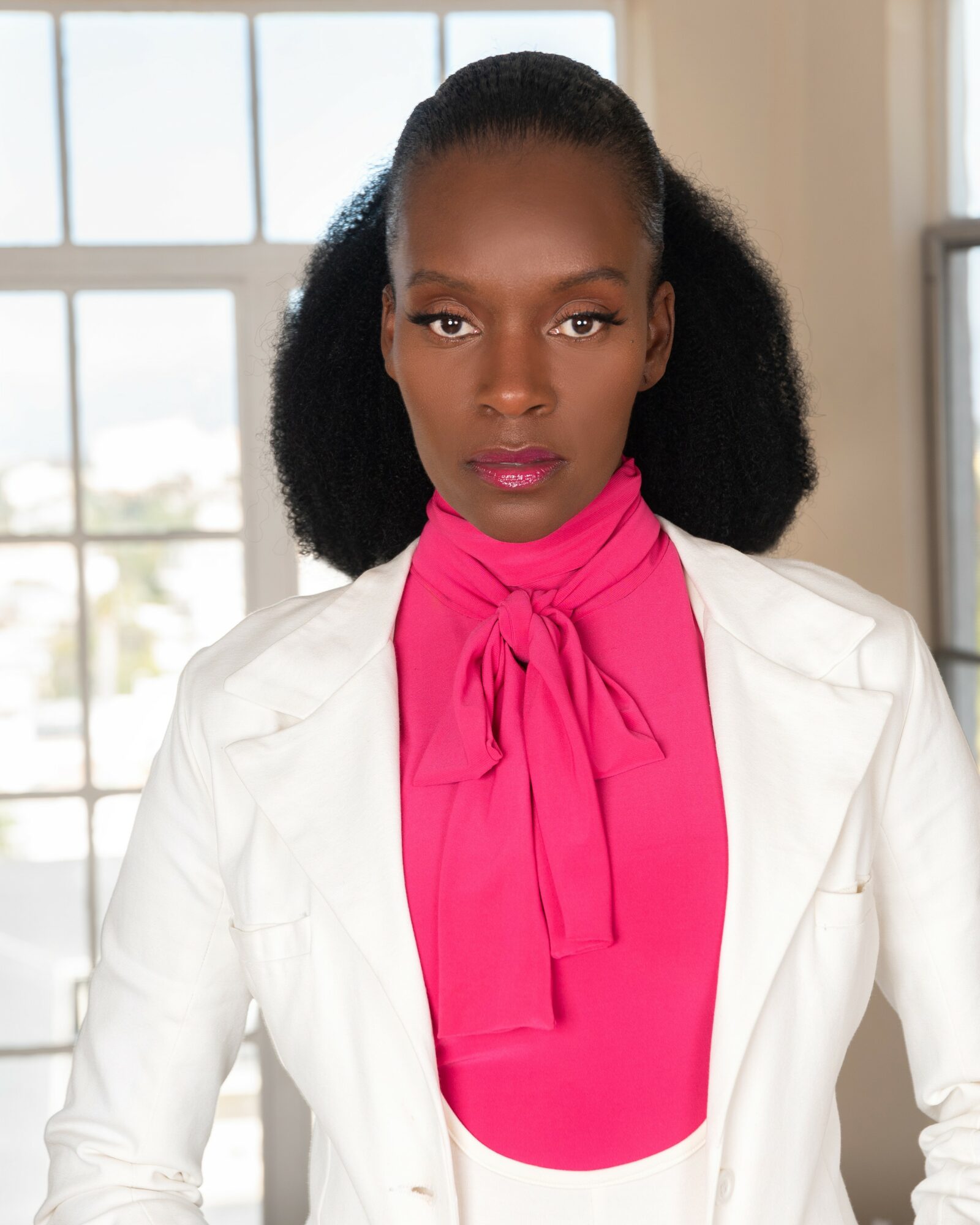

We recently had the chance to connect with Tracie Dean Ponder and have shared our conversation below.
Tracie Dean, we’re thrilled to have you with us today. Before we jump into your intro and the heart of the interview, let’s start with a bit of an ice breaker: What’s more important to you—intelligence, energy, or integrity?
I see intelligence, energy, and integrity not as a hierarchy, but as an interconnected framework, each quality strengthening the others. I’ve always considered myself a person who leads with energy, as it is the fuel that drives engagement and action. However, energy alone can be misdirected without the guidance of intelligence. My ability to be observant, think critically, and learn from past experiences allows me to channel that energy effectively and strategically. This partnership of energy and intelligence ultimately serves my commitment to integrity. I believe that acting with the utmost integrity—with empathy and understanding for others—ensures my decisions are not only effective but also aligned with my core values. In my experience, these three qualities work in harmony, and I view them as a continuous work in progress, much like the ever-flowing nature of energy itself. The uncertain and changing aspects of life mean that we are always evolving, and I’m dedicated to staying in alignment with these values and becoming better in each moment. While I may often fall short, I’m dedicated to staying the course and continuously growing.
Can you briefly introduce yourself and share what makes you or your brand unique?
I’m Tracie Dean Ponder, and my work is fueled by a deep commitment to educational equity that was shaped by my personal story. While growing up on the south side of Chicago, my mother raised eight children and, through her incredible resilience after becoming a single parent, ensured every one of us earned a college education. This example of purpose and perseverance in the face of systemic inequities is the foundation of my professional passion. My career has been focused on transforming this passion into tangible impact.
I began this journey by founding The B~STEM Project (https://www.bstemproject.org/
Learn Collaborate (https://www.learncollaborate.
Thanks for sharing that. Would love to go back in time and hear about how your past might have impacted who you are today. What breaks the bonds between people—and what restores them?
I believe what breaks the bonds between people is a fixed concept of expectations and the ego-driven need to be right. We often approach relationships with a siloed perspective, believing our perception is the sole source of truth. This leads to an “us versus them” mindset that traps us in a cycle of right and wrong, rather than fostering understanding. When we are unwilling to see beyond our own views, we stifle the natural flow of a relationship.
The restoration of those bonds, then, comes from a willingness to move past the self. When we are able to step outside of our own heads and practice humility, empathy, and understanding, we can truly see and hear the other person. This is not about sacrificing our wisdom or pride but about seeking to live beyond ourselves, which brings about genuine resolution and progress.
At its core, the mechanism for both the fracturing and the mending of bonds is love and forgiveness. It is a double-edged sword that both cuts and heals. We are all imperfect and will inevitably falter, hurt, and fall short in our relationships, whether intentionally or unintentionally. In those moments, we want forgiveness for ourselves, so it is a grace we must also be willing to extend to others. Ultimately, this is not a destination but a continuous work in progress—and that’s not an excuse for our imperfections, but a powerful motivation to keep striving for better understanding and connection every day.
When did you last change your mind about something important?
That’s a great question, but I’d like to frame it a bit differently. For me, it’s not so much about “changing my mind” as it is about a continuous shifting of my perspective. I believe we should strive to be as open as possible throughout our lives, not because we lack core beliefs, but because our personal experiences are not the totality of truth.
We are all inherently limited by default—our reality is shaped by our specific gender, culture, geography, socioeconomic status, and the like. When we become fixed in our own beliefs, we become trapped, unable to see the broader world. The only way to move beyond this is to constantly remain open. By listening to others, expanding our worldview, and approaching new ideas with empathy and humility, we acknowledge that there isn’t just one path to a destination; there are many. We can learn and grow from one another along the way.
For me, this is a daily practice. I’m always reevaluating my thoughts and decisions, whether from a conversation with a stranger, a podcast, or a book, etc. My portals are always open, ensuring I never feel stuck or cornered. This approach allows me to meet every situation anew, sometimes with certainty, and other times with a willingness to see what works. It’s a gamble, but it ensures that I’m always evolving.
I think our readers would appreciate hearing more about your values and what you think matters in life and career, etc. So our next question is along those lines. What are the biggest lies your industry tells itself?
That’s an excellent question, and there are many lies, but the biggest one my industry tells itself is that there is a single, repeatable formula for success. While there is tremendous value in learning from tried-and-true processes and leveraging them as a guide, we must not become so locked in that we cease to innovate. This lie manifests in a collection of contradictions that can be especially challenging for non-technical founders.
We’re constantly told we need to hire experts to bring our vision to life, yet at the same time, we’re told we are the expert. We’re pushed to run customer discovery and get out of the building, but the goalposts are constantly moving—from “talk to customers,” to “how many,” to “will they pay,” to “will they commit,” and the like, creating an endless loop of moving targets. This advice, while well-intentioned, often lacks clear benchmarks and context, making it easy for founders to get lost. It creates confusion around what constitutes enough customer discovery, whose feedback is most valid (end users versus payers), and which goals to prioritize. As a result, founders can become easily blown to and fro at the whims of those just stopping by to share their opinions.
Similarly, we’re pressured to show that our products are “scalable” and that we’re addressing a “big enough” market. But like customer discovery, the benchmarks for what’s considered “enough” are constantly changing, especially when it comes to attracting investors. The goalposts keep moving, from an MVP, to a certain number of users, to a sales lead list, to having partners, to generating revenue—it’s an ever-changing list of prerequisites for validation. The bottom line is that every investor looks for different success markers at various points in the journey. The key is to not be consumed with getting all the various ducks in a row but instead, to strive to make a strong case for the value of what you’re building, no matter where you are in the process.
The truth is that if you’ve done your homework and the idea comes from a lived experience, you are the expert. You must be the one to lead with an open mind but an anchored heart and a strong determination. All of these insights and metrics have their validity, but they must be continuously put into the right context for your specific vision. Otherwise, we’d be paralyzed by analysis, unable to even begin.
Even after securing $1.3 million in funding, I’m still cautioned that EdTech is a very difficult industry. My response is simple: “It’s because it’s difficult that I am here to be part of a complex solution to a complex problem. How else will we know if something will work?”
Okay, so let’s keep going with one more question that means a lot to us: If immortality were real, what would you build?
That’s a fascinating question. If immortality were real, I suppose I would simply continue to build things that make people’s lives better. However, my immediate thought is that it’s a good thing we aren’t immortal, as we need things to die off—including ideas and structures—so that new ones can be born and flourish.
In my experience, people are creatures of habit and tradition. While there are positives to this, there is also the danger that old ways of thinking can stifle the new. If immortality were real, I wouldn’t be here where I am today, because the old ideas and structures would be impossible to change. Every generation brings with it new ideas and innovations, and these are vital for progress. I’m grateful for the work, time, commitment, and dedication of those who came before me. It is a privilege to stand on their shoulders, building on their foundations and taking their work a few steps further down the road.
My focus isn’t on my own immortality, but on the immortality of my ideas, my good intent, and the energy behind my work. That is what truly matters—leaving something for others to build upon, something that will reverberate for generations. For me, that impact multiplies exponentially, like the energy in our physical world that persists in different forms. While our physical form is made of matter that perishes, the energy we put out into the world is what truly prevails. It’s an idea that resonates with both my scientific understanding of energy’s persistence and my spiritual belief that a person’s consciousness and legacy can live on through their work. So, in a way, as a mortal, I am focused on creating a form of immortality—not for myself, but through the ideas and impact I leave behind.
Contact Info:
- Website: https://www.learncollaborate.com/
- Linkedin: https://www.linkedin.com/in/traciedeanponder/
- Other: B~STEM Project – https://www.bstemproject.org/. Personal website – https://www.traciedeanponder.com/

Image Credits
Joyce Charat














